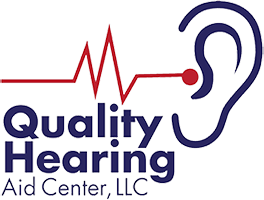Hearing Tests 101
Should I Get a Hearing Test?
If you believe you are suffering from hearing loss, help is available in Brookfield at Quality Hearing Aid Center. If any of the following statements apply to you, it’s important to get your hearing checked by our hearing aid specialist.
- When meeting someone for the first time, you are unable to hear them clearly.
- You listen to the television or radio at a volume level which is uncomfortably loud for others in the room.
- You frequently ask people you are speaking with to repeat themselves because it sounds as if they are mumbling or their speech is muffled.
- You have frequent ringing in your ears that doesn’t go away.
- You find it difficult to hear conversations in noisy places – such as restaurants, airports or parties.
- You are unable to hear important sounds that occur during your day, including the alarm clock, cell phone notifications or the timer bell on the oven.
- You have trouble hearing phone conversations, particularly cell phone conversations or phone calls with a great deal of background noise.
- You feel as if your inability to hear is impairing your social life.
- You find yourself trying to read lips.
If you are experiencing any of these warning signs, call or text Quality Hearing Aid Center at 203-456-9010 and make an appointment for a hearing test in Brookfield to see if hearing aids might help you.
What Does a Hearing Test Detect?
A hearing test can detect issues as simple as an earwax obstruction, or as serious as permanent hearing loss. During your hearing test at Quality Hearing Aid Center in Brookfield, our hearing aid specialist will measure the threshold at which you are able to hear specific sounds by having you listen to a series of tones at different volumes.
After the test is completed, your hearing aid professional will create an audiogram that shows your hearing sensitivity. Using frequencies measured in Hertz (Hz), and loudness measured in decibels, the audiogram measures the lowest volume levels at which you can hear certain sounds. The louder it takes for a sound to be heard, the greater the level of hearing loss.
Our hearing aid specialist will review your hearing test results with you and determine whether a hearing aid would help you hear.
How to Read Your Hearing Test Results
The normal range of hearing for a healthy adult is considered between 20 and 20,000 Hz. Most sounds we hear are between 250 and 6,000 Hz. A healthy adult should be able to hear sounds between 1 and 20 decibels at any frequency. Hearing loss of 25 decibels or less is considered typical hearing loss for an adult, and a hearing aid probably isn’t required.
Mild
Adults with hearing loss in the 26 to 40-decibel range are said to have mild hearing loss. Symptoms include difficulty understanding quiet conversations or difficulty hearing speech from across the room.
Moderate
Hearing loss in the 41 to 55-decibel range is defined as moderate hearing loss. Those with moderate hearing loss have difficulty hearing conversations at normal volume levels, and listening in noisy environments is extremely difficult.
Moderately Severe
If you have hearing loss in the 56 to 70-decibel range, it is considered moderately severe hearing loss. Symptoms include difficulty hearing quiet conversations or ringing telephones.
Severe
Severe hearing loss is defined as hearing loss that falls between 71 and 90 decibels. With severe hearing loss, you can only hear people who are standing next to you and speaking very loudly.
Profound
Hearing loss measured at 91 decibels and higher is considered profound hearing loss. These individuals are unable to hear loud speech or the everyday sounds around them.
If you suffer from any form of hearing loss, call or text Quality Hearing Aid Center at 203-456-9010 to set up an appointment.
Will My Insurance Company Cover the Cost of My Hearing Test?
Because health insurance coverage varies by state, as well as by insurance plan, the answer to this question is different for each individual. Quality Hearing Aid Center will be happy to check with your health insurance provider to determine whether the cost of your hearing test is covered under your plan.
Medicaid will cover the cost of hearing tests for children and young adults age 21 or younger, but not for adults who are 22 or older. Medicare will cover the cost of your hearing test if you provide your hearing aid specialist with a primary care physician (PCP) Referral.

